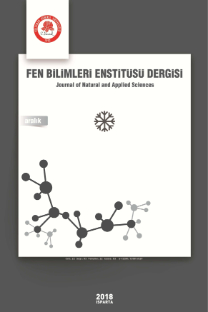False Data Detection in Wireless Sensor Networks via Merkle Hash Trees
Large-scale wireless sensor networks provide economical and viable solutions to many monitoring and tracking problems. However, practical deployment of wireless sensor networks introduces problems that do not occur in traditional networks. For example, individual sensor nodes are prone to security compromises. Moreover, compromised nodes can inject false sensing reports into the network. If undetected, false data injection attacks may deceive the base station and deplete the limited energy resources of relaying sensor nodes. Standard data authentication schemes cannot prevent these attacks if there exists more than one compromised node in the network. In this paper, we present a collaborative data authentication protocol that detects false data injection attacks. In the proposed protocol, false data injected by less than n compromised nodes are detected and eliminated by constructing consecutive Merkle Hash Trees (MHT) between the source node and the base station. The security and performance analysis show that the proposed protocol is able to detect false data injected by less than n compromised nodes and incurs less resource consumption compared to previous false data detection schemes.
